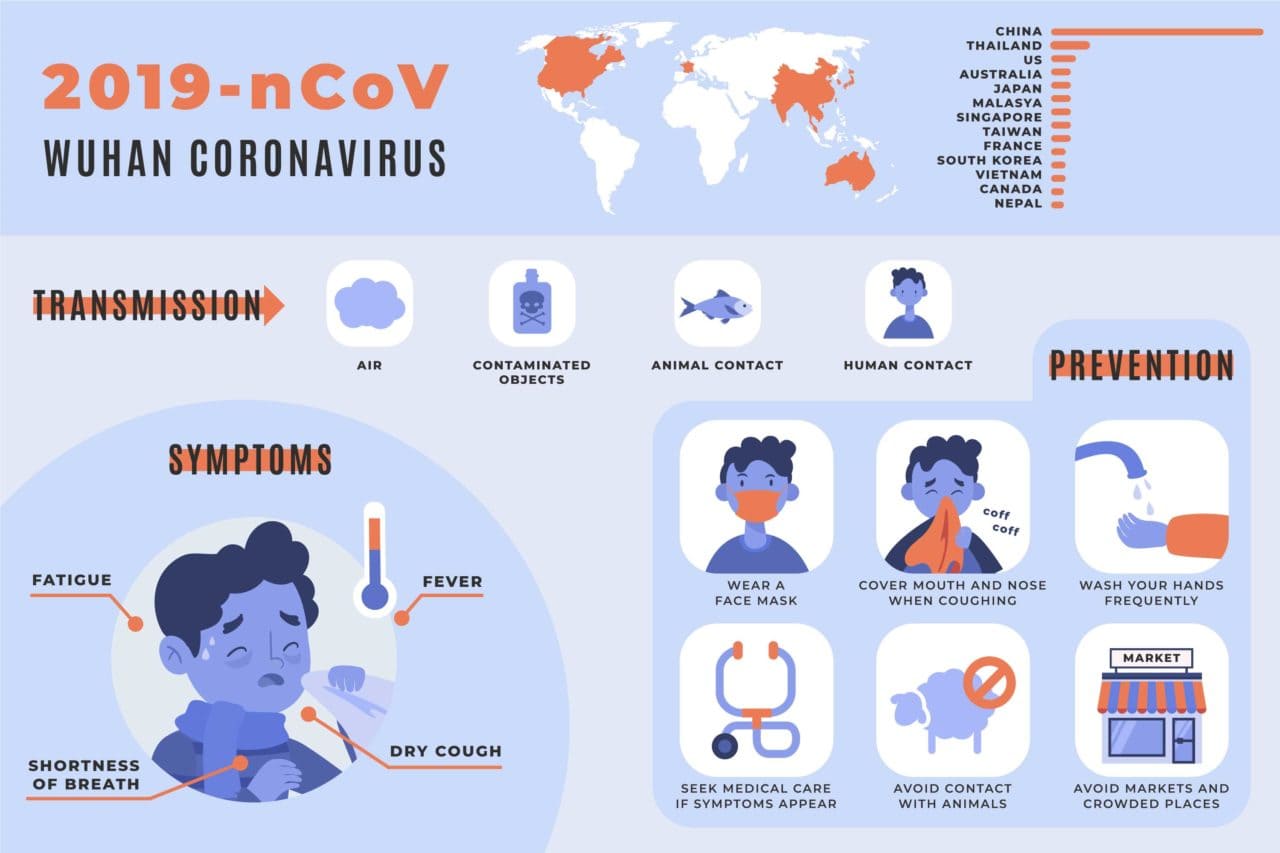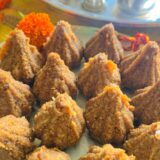
Be it the common cold, flu, pneumonia, or the more complicated versions like SARS, Ebola, and now Coronavirus, Communicable viral diseases act as surprise tests for the overall immune status of an individual. 80% of our immune cells are in the gut; a healthier gut makes for a strong Immune system.
An ongoing balanced diet comprising of adequate macro and micronutrients interlaced with regular exercise and quality sleep helps keep your immune cells in good health.
The current outbreak of novel Coronavirus calls for certain general & dietary precautions and ongoing nutritional preventive measures to be taken by the general public.
WHO’s standard recommendations for the general public to reduce exposure to and transmission of a range of illnesses are as follows, which include hand and respiratory hygiene, and safe food practices:
- Frequently clean hands by using alcohol-based hand rub or soap and water;
- When coughing and sneezing cover mouth and nose with flexed elbow or tissue – throw the tissue away immediately and wash hands;
- Avoid close contact with anyone who has a fever and cough;
- If you have a fever, cough, and difficulty in breathing seek medical care early and share previous travel history with your healthcare provider;
- When visiting live markets in areas currently experiencing cases of a novel coronavirus, avoid direct unprotected contact with live animals and surfaces in contact with animals;
- The consumption of raw or undercooked animal products should be avoided. Raw meat, milk, or animal organs should be handled with care, to avoid cross-contamination with uncooked foods, as per good food safety practices.
Curo Recommends
- Always have a well-balanced diet that will provide continuous nourishment to the body.
- Keep boosting your immune system by consuming foods that are rich in antioxidants, vitamin C, vitamin D, B vitamins, zinc, magnesium, iron, copper, folic acid … that are loaded in fruits, vegetables, and herbs.
- Consume vitamin C and antioxidant-rich fruits and vegetables like amla, kiwi, papaya, strawberries and citrus fruits (orange, grapefruit, tangerine, sweet lime, lime, etc), Veggies (bell peppers, broccoli, kale, brussels sprouts), other spices and herbs like garlic, ginger, sage, rosemary, parsley, turmeric
- Consume nuts and seeds that are loaded with many micronutrients like pumpkin seeds, sunflower seeds, almonds, walnuts and many more.
- Consume gut-healthy foods like yogurt, kefir, sauerkraut cabbage,
- Avoid overconsumption of alcohol, tannins, and caffeine in tea, coffee, and other caffeinated drinks.
- Avoid raw or undercooked animal products.
- Avoid processed and sugar-laden foods.
If you have been working to achieve an overall healthy, nutritionally balanced diet with regular exercise and optimum rest, there is little to worry as the body is well guarded against the invasion of communicable diseases.
Read our blogs on:



